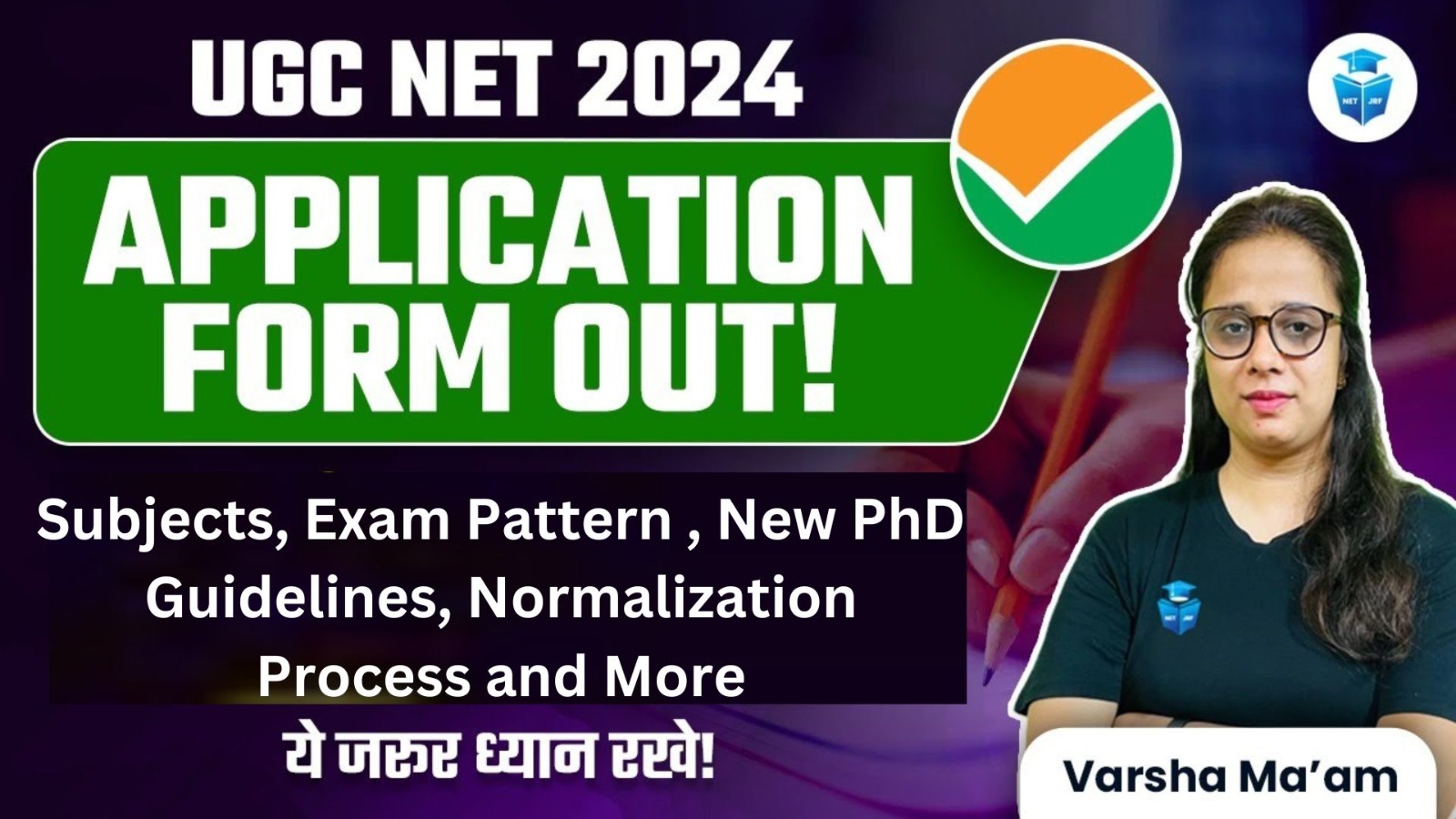
Get an Instant Callback by our Mentor!

The University Grants Commission National Eligibility Test (UGC NET) is a gateway to exciting opportunities in the world of academia and research. As the UGC NET June 2024 cycle approaches, aspirants must stay up-to-date with the latest news, application process, exam pattern, and subject list to strategize their preparation effectively. In this comprehensive guide, we'll cover all the essential aspects of the UGC NET June 2024 exam, equipping you with the knowledge and tools to achieve your academic goals.
UGC NET June 2024 Application Process The National Testing Agency (NTA) has released the UGC NET application form for the June 2024 cycle on April 20, 2024. The online application process commenced on April 20 and will continue until May 10, 2024. Candidates seeking to appear for the UGC NET June 2024 exam to become eligible for the Junior Research Fellowship (JRF) or Assistant Professor posts must fill and submit the application form within the prescribed dates.
|
Particulars |
Dates |
|
Release of Application Form |
April 20, 2024 |
|
Online Application Submission |
April 20 to May 10, 2024 |
|
Application Fee Payment |
Till May 11-12, 2024 |
|
Application Correction Window |
May 13-15, 2024 |
1. Visit the official website: ugcnet.nta.ac.in
2. Click on "Fill Application Form UGC NET June 2024"
3. Register with personal details and generate login credentials
4. Fill the UGC NET 2024 application form with required information
5. Upload images of photograph and signature in scanned format (jpg or jpeg only)
6. Pay the application fee online
7. Download the confirmation page
|
Category |
Application Fee |
|
General |
INR 1,150 |
|
OBC-NCL/EWS |
INR 600 |
|
SC/ST/PwD/Transgender |
INR 325 |
Payment can be made online through debit/credit card, net banking, or UPI.
UGC NET June 2024 Subject List
The UGC NET June 2024 exam covers a diverse range of 83 subjects, including Economics, Political Science, Psychology, Sociology, Commerce, Education, Management, and various language disciplines. Candidates must select the subject aligning with their postgraduate degree for the subject-specific Paper-II.
Here is the complete list of all 83 subjects for the UGC NET June 2024 exam:
|
Codes |
UGC NET Subject |
|
00 |
UGC NET Paper 1 (General Aptitude) |
|
01 |
Economics |
|
02 |
Political Science |
|
03 |
Philosophy |
|
04 |
Psychology |
|
05 |
Sociology |
|
06 |
History |
|
07 |
Anthropology |
|
08 |
Commerce |
|
09 |
Education |
|
10 |
Social Work |
|
11 |
Defense and Strategic Studies |
|
12 |
Home Science |
|
14 |
Public Administration |
|
15 |
Population Studies* |
|
16 |
Hindustani Music (Vocal/Instrumental) |
|
17 |
Management (including Business Admn. Mgt./Marketing/ Marketing Mgt./Industrial Relations and Personnel Mgt./ Personnel Mgt./Financial Mgt./Co-operative Management) |
|
18 |
Maithili |
|
19 |
Bengali |
|
20 |
Hindi |
|
21 |
Kannada |
|
22 |
Malayalam |
|
23 |
Oriya |
|
24 |
Punjabi |
|
25 |
Sanskrit |
|
26 |
Tamil |
|
27 |
Telugu |
|
28 |
Urdu |
|
29 |
Arabic |
|
30 |
English |
|
31 |
Linguistics |
|
32 |
Chinese |
|
33 |
Dogri |
|
34 |
Nepali |
|
35 |
Manipuri |
|
36 |
Assamese |
|
37 |
Gujarati |
|
38 |
Marathi |
|
39 |
French (English Version) |
|
40 |
Spanish |
|
41 |
Russian |
|
42 |
Persian |
|
43 |
Rajasthani |
|
44 |
German |
|
45 |
Japanese |
|
46 |
Adult Education/ Continuing Education/ Andragogy/ Non-Formal Education |
|
47 |
Physical Education |
|
49 |
Arab Culture and Islamic Studies |
|
50 |
Indian Culture |
|
55 |
Labour Welfare/Personnel Management/Industrial Relations/ Labour and Social Welfare/Human Resource Management |
|
58 |
Law |
|
59 |
Library and Information Science |
|
60 |
Buddhist, Jaina, Gandhian and Peace Studies |
|
62 |
Comparative Study of Religions |
|
63 |
Mass Communication and Journalism |
|
65 |
Performing Art – Dance/Drama/Theatre |
|
66 |
Museology & Conservation |
|
67 |
Archaeology |
|
68 |
Criminology |
|
70 |
Tribal and Regional Language/Literature |
|
71 |
Folk Literature |
|
72 |
Comparative Literature |
|
73 |
Sanskrit traditional subjects (including) Jyotisha/Sidhanta Jyotish/ Navya Vyakarna/ Vyakarna/ Mimansa/ Navya Nyaya/ Sankhya Yoga/ Tulanatmaka Darsan/ Shukla Yajurveda/ Madhav Vedant/ Dharmasasta/ Sahitya/ Puranotihasa /Agama) |
|
74 |
Women Studies** |
|
79 |
Visual Art (including Drawing & Painting/Sculpture Graphics/Applied Art/History of Art) |
|
80 |
Geography |
|
81 |
Social Medicine & Community Health |
|
82 |
Forensic Science |
|
83 |
Pali |
|
84 |
Kashmiri |
|
85 |
Konkani |
|
87 |
Computer Science and Applications |
|
88 |
Electronic Science |
|
89 |
Environmental Sciences (EVS) |
|
90 |
Politics including International Relations/International Studies including Defence/Strategic Studies, West Asian Studies, South East Asian Studies, African Studies, South Asian Studies, Soviet Studies, American Studies |
|
91 |
Prakrit |
|
92 |
Human Rights and Duties |
|
93 |
Tourism Administration and Management |
|
94 |
BODO |
|
95 |
Santali |
|
100 |
Yoga |
|
101 |
Sindhi |
|
102 |
Hindu Studies |
|
103 |
Indian Knowledge System |
Subjects marked with a single asterisk () are open to candidates with a master's degree in Geography (with a specialization in Population Studies) or Mathematics/Statistics.
Subjects marked with double asterisks () are open to candidates with a postgraduate degree in Humanities (including languages) and Social Sciences.
Visit the official UGC NET website or refer to the detailed list in our previous blog post for the complete subject list.
The UGC NET exam consists of two papers: Paper-I (Teaching and Research Aptitude) and Paper-II (Subject-specific). Both papers follow a multiple-choice question (MCQ) format with a single correct answer.
|
Particulars |
Paper-I |
Paper-II |
|
Type of Paper |
Common for all subjects |
Subject-based |
|
No. of Questions |
50 |
100 |
|
Marking Weightage |
100 (2 marks per question) |
200 (2 marks per question) |
|
Exam Mode |
Online |
Online |
|
Marking Scheme |
No negative marking |
No negative marking |
|
Total Time |
3 Hours (180 minutes) |
2 Hours (120 minutes) |
Paper-I assesses candidates' teaching and research aptitude, while Paper-II evaluates subject-specific knowledge based on the chosen discipline.
After qualifying for the UGC NET exam, aspiring researchers can pursue a full-time or part-time PhD program. The choice between these options depends on factors such as scholarship eligibility, time commitment, financial situation, and personal goals.
|
Factor |
Full-Time PhD |
Part-Time PhD |
|
Scholarship Eligibility |
Eligible for JRF scholarships |
Not eligible for JRF scholarships |
|
Attendance Requirements |
5 days a week |
Evenings or weekends |
|
Additional Responsibilities |
Teaching, administrative tasks |
Focused solely on research |
|
Time Commitment |
Minimum 5 years |
Flexible, can take longer |
|
Financial Situation |
Reliance on scholarship |
Ability to maintain employment |
Full-time PhD in 2024 students may be eligible for JRF scholarships but have additional responsibilities like teaching and administrative tasks. Part-time students can focus solely on research while maintaining employment, but they may not be eligible for scholarships.
The University Grants Commission National Eligibility Test (UGC NET) is a highly competitive exam conducted across multiple shifts and sessions. To ensure fairness and eliminate any potential bias, the National Testing Agency (NTA) follows a well-defined normalization process for preparing the final result. This comprehensive guide will walk you through the step-by-step procedure for normalization and result preparation, providing you with a clear understanding of the process.
Step 1: Distribution of Examinees Across Shifts To maintain an equal distribution of candidates, the NTA randomly allocates examinees to different shifts or sessions. This ensures that each session has approximately the same number of candidates, eliminating any potential bias. Typically, the shifts are organized as follows:
Session 1: Day 1, Shift 1 Session 2: Day 1, Shift 2
In cases where there are more days or fewer shifts, the candidates are divided accordingly, ensuring a fair distribution across all sessions.
Step 2: Preparation of Results for Each Session After the examination, the NTA prepares the results for each session separately. The results are presented in the following formats:
Raw Scores
Percentile Scores of Total Raw Scores
The Percentile Scores are calculated for each candidate within their session using the following formula:
Total Percentile (TP1) = (100 × Number of candidates from the session with raw scores equal to or less than the candidate's raw score) / Total number of candidates appeared in the session
Step 3: Compilation of NTA Scores and Preparation of Final Result In this crucial step, the NTA compiles the Percentile Scores for Total Raw Scores from all sessions (Session 1: Day 1, Shift 1; Session 2: Day 1, Shift 2; and so on). These combined Percentile Scores are then referred to as the NTA Scores, which are used for compiling the final result and further processing for allocation.
In the event of dissimilar or unequal Percentile Scores across multiple shifts, the lowest Percentile Score is considered the eligibility cut-off for that category for all candidates (across all shifts). This ensures fairness and consistency in the evaluation process.
For example, if the 40% marks correspond to a Percentile Score of 78 in Shift 1 and 79 in Shift 2, all candidates with a Percentile Score of 78 or above (from 100 to 78) in both shifts will be considered eligible in the General Category. The same principle is applied to determine the eligibility cut-offs for other categories.
If the examination is conducted in more than two shifts, the same normalization process is followed to ensure a level playing field for all candidates.
By understanding the UGC NET result normalization process, candidates can gain insights into the fairness and transparency of the evaluation system. The NTA's systematic approach ensures that no candidate is disadvantaged due to the shift or session they were assigned, maintaining the integrity of the examination process.
Preparation Strategy for UGC NET June 2024 To excel in the UGC NET June 2024 exam, candidates must develop a comprehensive preparation strategy. Here are some key steps to follow:
1. Understand the Exam Pattern and Syllabus: Thoroughly review the UGC NET syllabus and exam pattern for both Paper-I and Paper-II. Familiarize yourself with the topic weightage and question types to focus your preparation accordingly.
2. Utilize Study Materials and Resources: Invest in high-quality study materials, including reference books, practice question banks, and mock test series. Additionally, refer to previous years' question papers and solutions to understand the exam's difficulty level and question style.
3. Create a Study Plan: Develop a well-structured study plan, allocating dedicated time for each subject and topic. Prioritize weaker areas and incorporate regular revision sessions to reinforce your learning.
4. Practice Regularly: Consistent practice is crucial for success in the UGC NET exam. Attempt mock tests and previous years' question papers under timed conditions to improve your time management skills and build confidence.
5. Stay Updated: Stay informed about the latest news, updates, and notifications related to the UGC NET exam by regularly visiting official websites and reliable educational portals like JRFAdda.com.
By following these steps and maintaining a dedicated approach, you can increase your chances of success in the UGC NET June 2024 exam and unlock exciting opportunities in the world of academia and research.
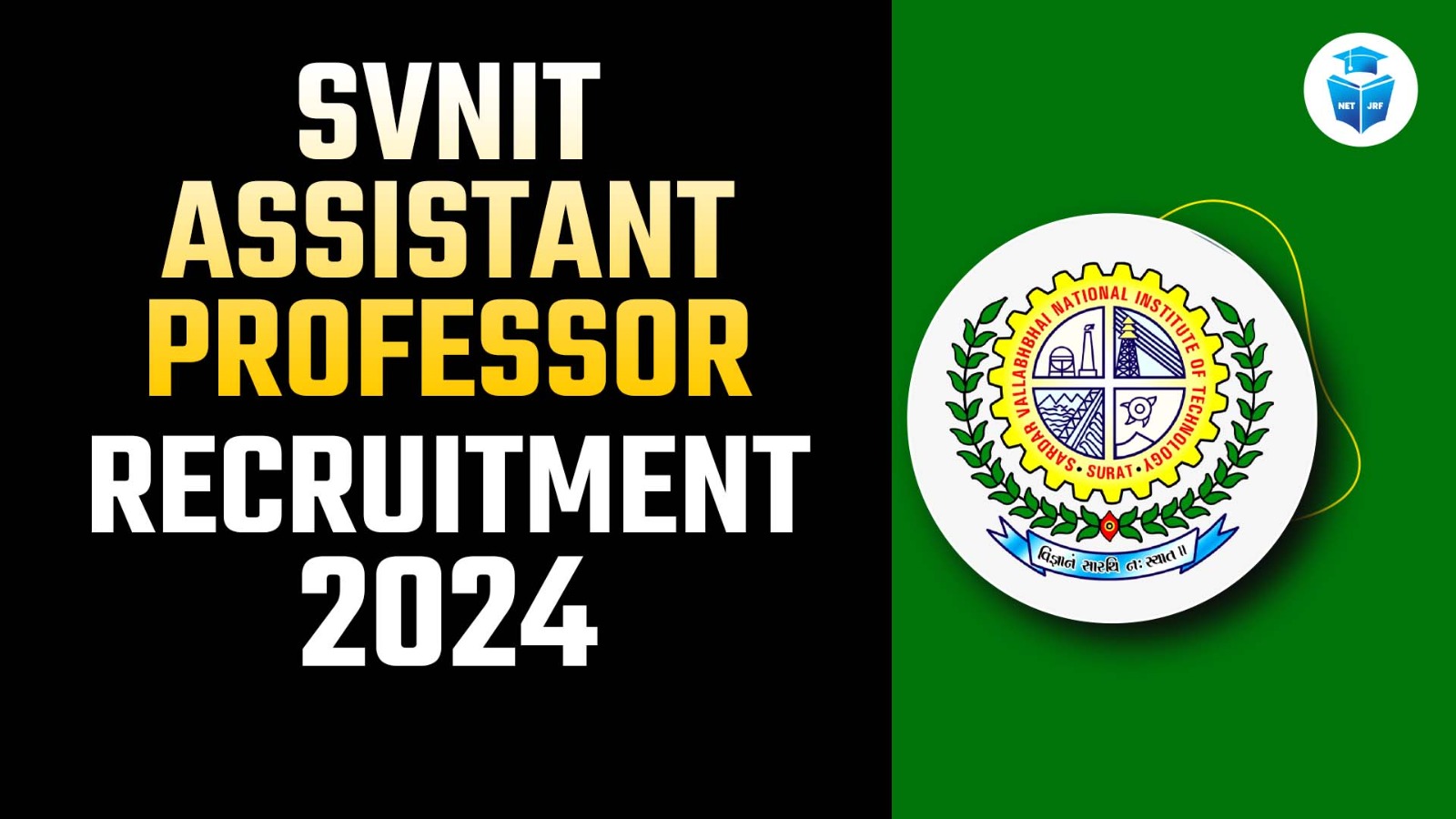
.jpeg)
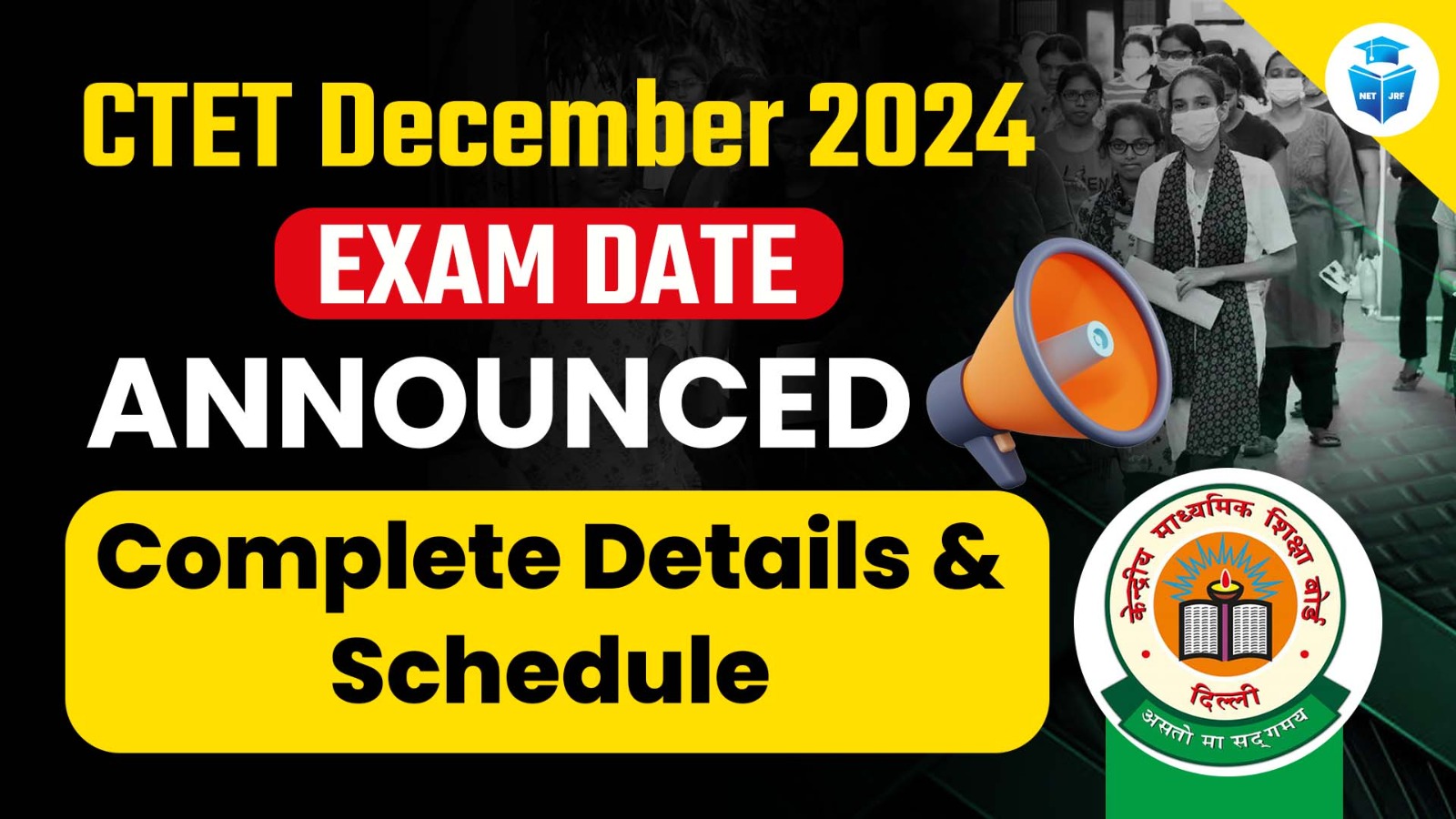
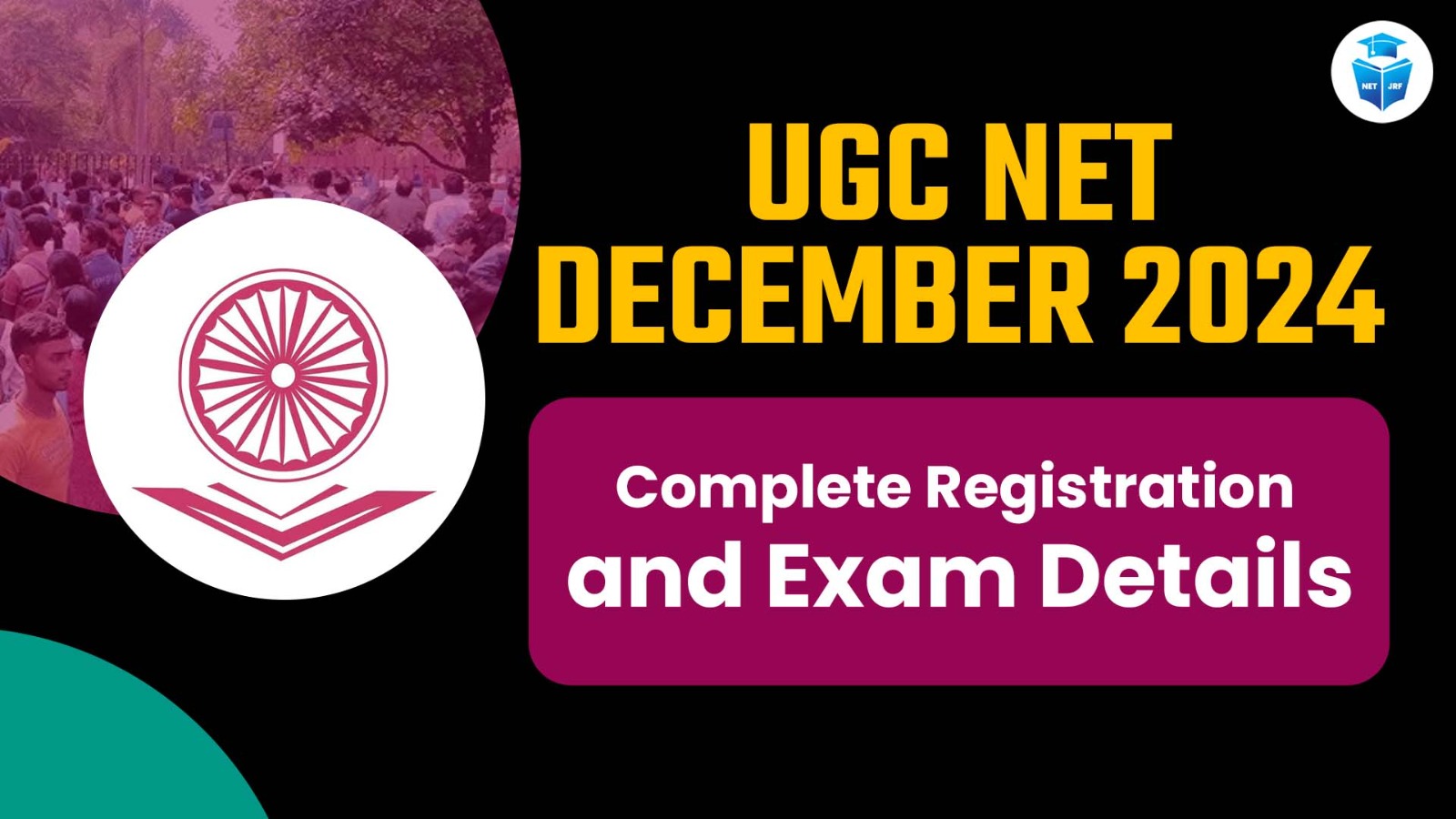
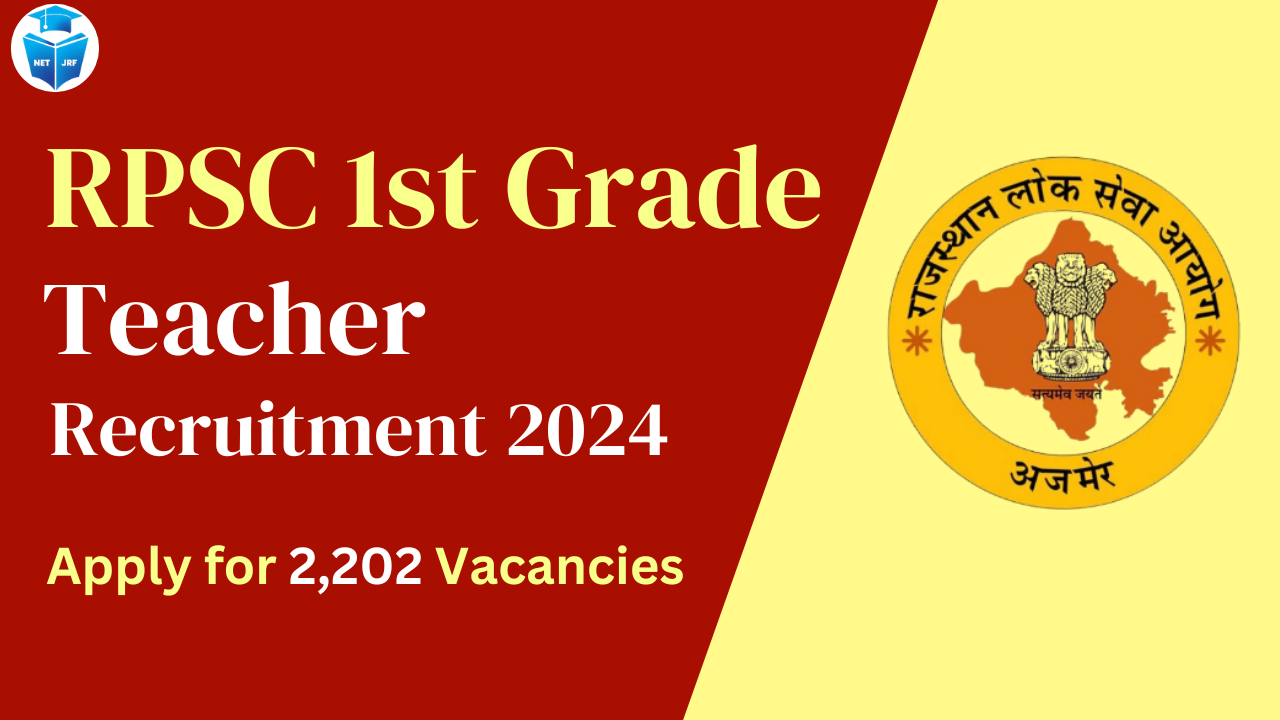
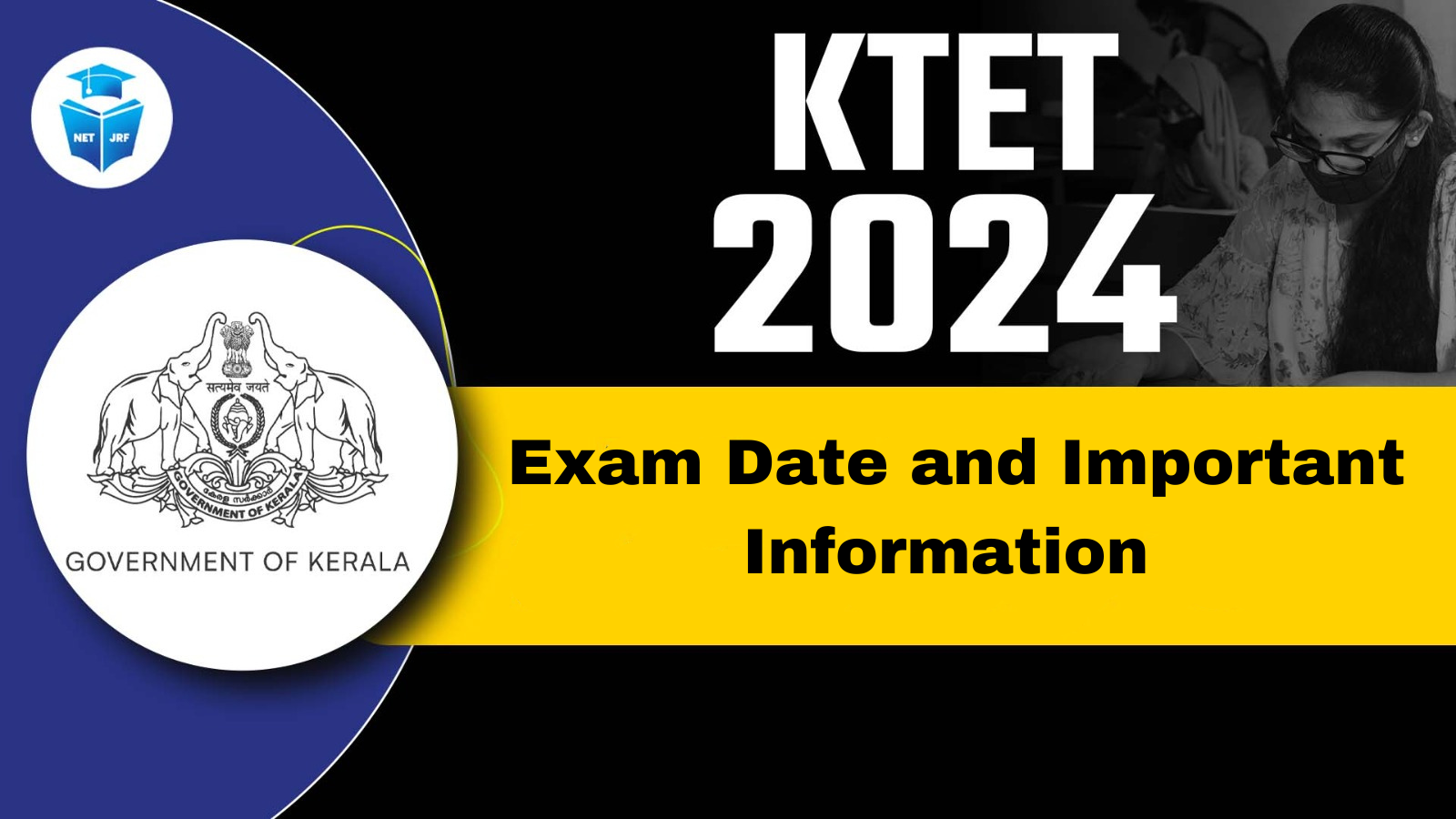

.jpeg)





Founder of JRFAdda, is a Computer Science educator with an MCA degree and JRF qualification. Her experience includes roles as an SBI SO (DBA), work at Cognizant, and over 5 years of teaching online and offline. She has also served as a Government Computer Teacher in Rajasthan.